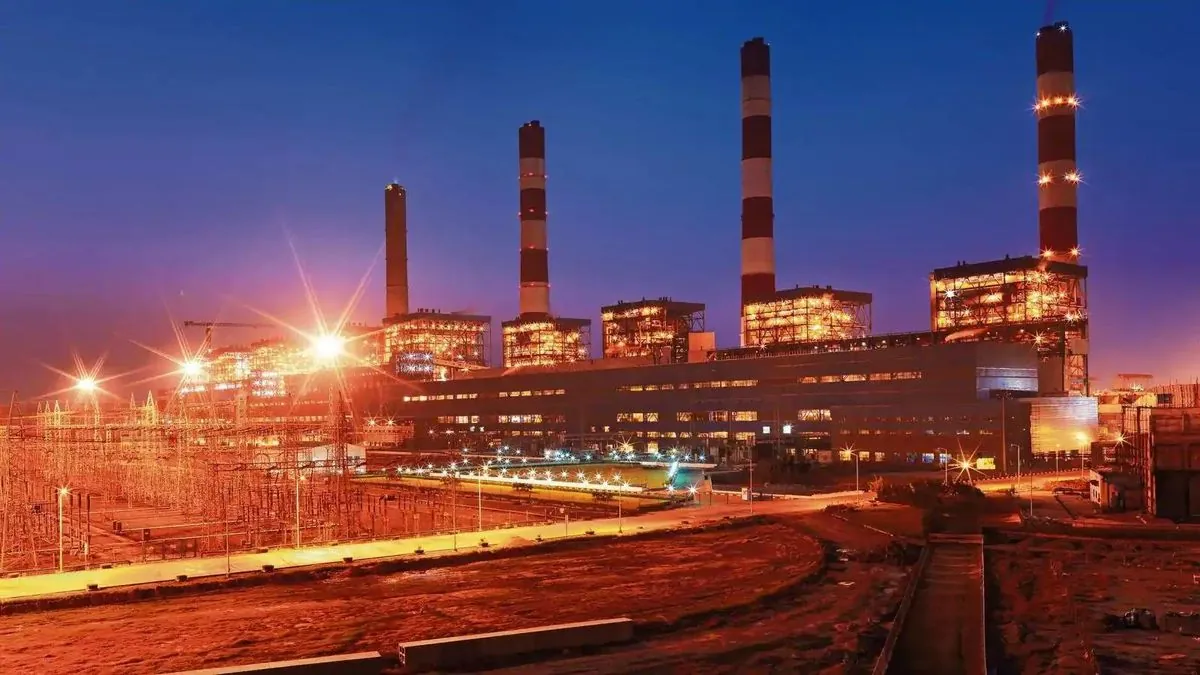Adani Power Affirms Bangladesh Power Supply Amid Rule Changes
Adani Power reaffirms commitment to Bangladesh electricity supply despite recent rule changes. Amendment allows domestic market supply, potentially hedging against political risks in Bangladesh.

Adani Power has reaffirmed its commitment to supplying electricity to Bangladesh, stating that recent amendments to power export regulations do not affect its existing contract. This declaration comes in response to changes in Indian power export rules that have sparked discussions about potential implications for cross-border energy trade.
The company clarified that the recent amendment primarily facilitates connectivity to the Indian grid without imposing any obligation on India to purchase electricity. Adani Power emphasized its dedication to fulfilling contractual obligations as per the Bangladesh Power Development Board's demand schedule and the provisions of their power purchase agreement.
"Adani Power is committed to fulfil contractual obligations as per Bangladesh Power Development Board's demand schedule and provisions of the power purchase agreement and would look forward to continuing reciprocal fulfilment."
The 1,600 MW Godda plant in Jharkhand, operated by Adani Power, holds a unique position as the only facility in India contracted to export its entire power output to a neighboring country. This coal-based thermal power plant plays a crucial role in addressing Bangladesh's growing energy needs, considering that only about 85% of the country's population currently has access to electricity.

The amendment to power export rules introduces flexibility by enabling Adani Power to potentially supply electricity to the domestic Indian market. This provision could serve as a hedge against political risks in Bangladesh, a consideration that has gained relevance following recent events in the country.
Approximately one year ago, Bangladesh experienced political unrest, with longtime Prime Minister Sheikh Hasina temporarily leaving the country amid protests related to government job quotas. This incident highlighted the potential volatility in the region and underscored the importance of adaptable energy policies.
The Bangladesh-India electrical grid interconnection, inaugurated in 2011, has been a cornerstone of growing cross-border electricity trade in South Asia. As Bangladesh's energy demand is projected to increase significantly in the coming years, the stability and reliability of power supply from India become increasingly critical.
While the amendment could potentially impact India's energy diplomacy in the region, it also opens up possibilities for future power projects with export-only contracts. This change reflects the evolving landscape of energy cooperation in South Asia, where countries are seeking to balance domestic needs with international commitments.
As the largest private thermal power producer in India, Adani Power's stance on this issue carries significant weight. The company's commitment to honoring its agreement with Bangladesh, despite the new flexibility offered by the amendment, demonstrates the importance of maintaining stable cross-border energy relationships in the face of changing regulatory environments.


































